The Summit of the Future opened at the United Nations headquarters in New York on Sunday, with the adoption of a Pact for the Future, the most wide-ranging international agreement in many years.
The pact, which also includes the Global Digital Compact and the Declaration on Future Generations, was adopted by members without a vote at the start of the two-day summit.
The summit precedes the high-level debate of the General Assembly next week. Chinese Foreign Minister Wang Yi will deliver speeches at both events.
"We stand at a crossroads of global transformation, facing unprecedented challenges that demand urgent, collective action," Philemon Yang, president of the General Assembly, said at the opening of the summit.
UN Secretary-General Antonio Guterres said in his speech: "Our multilateral tools and institutions are unable to respond effectively to today's political, economic, environmental and technological challenges. And tomorrow's will be even more difficult and even more dangerous."
The current framework is not suitable for today's crises, Guterres added.
"When the United Nations was established nearly 80 years ago, it had 51 member states. Today, there are 193. The global economy was less than one-twelfth of its current size. As a result, our peace and security tools and institutions, and our global financial architecture, reflect a bygone era.
"The Pact for the Future, the Global Digital Compact and the Declaration on Future Generations open pathways to new possibilities and opportunities," he said.
The 42-page pact covers a broad range of issues, including peace and security, sustainable development, climate change, digital cooperation, human rights, gender, youth and future generations, and the transformation of global governance. It outlines 56 broad actions that countries have pledged to achieve.
The uncertainty and tension surrounding the final decision on the pact were high. To prepare for any scenario, Guterres had drafted three different speeches — one for each possible outcome: approval, rejection or an ambiguous result, UN spokesman Stephane Dujarric said, The Associated Press reported.
The pact features the most reform measures for the Security Council since the 1960s, with plans to improve the effectiveness and representation of the body, particularly addressing the underrepresentation of Africa, which has no permanent seat.
It marks the first multilateral recommitment to nuclear disarmament in more than a decade, with dedication to the goal of eliminating nuclear weapons.
The pact calls for reform of the international financial architecture to better represent and serve developing countries.
The Global Digital Compact is the first comprehensive framework for digital cooperation and artificial intelligence governance, and calls for taking into account future generations in the UN's decision-making.
In 2020, the year of the UN's 75th anniversary, a global dialogue on the future was opened, leading to the Summit of the Future.
China, in a position paper for the Summit of the Future and the 79th session of the General Assembly, recognizes that "changes unseen in a century are unfolding at an accelerated pace".
China remains dedicated to safeguarding global peace, promoting common development, fostering intercultural progress, contributing to the reform of global governance and advancing scientific and technological innovations for the benefit of humanity, the paper said.
To face the new era and new questions, China's answer is "building a community with a shared future for mankind", it said.
"China supports the UN Summit of the Future, and calls on the international community to take this opportunity to focus on the common well-being of humanity, build consensus and synergy, and support the central role of the UN in international affairs.
"China supports efforts of true multilateralism … based on international law, in accordance with the principle of equity and justice, in pursuit of win-win cooperation… so as to jointly build a better future for mankind."









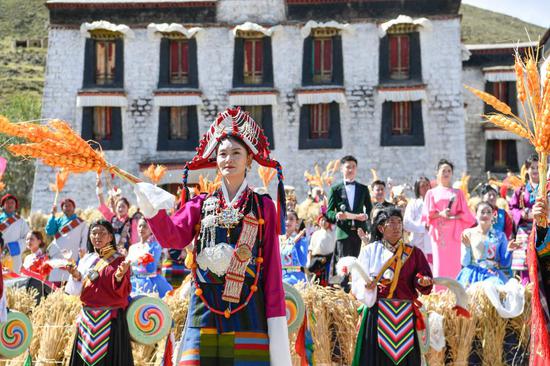
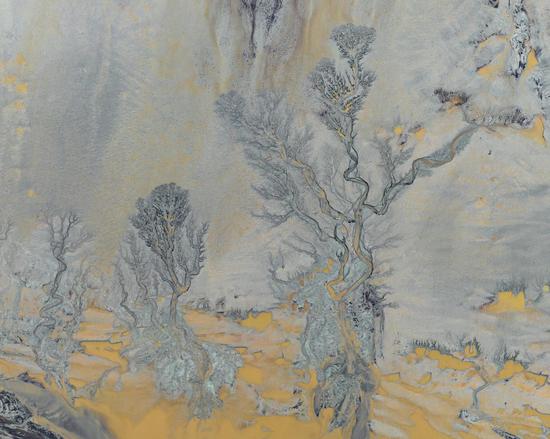

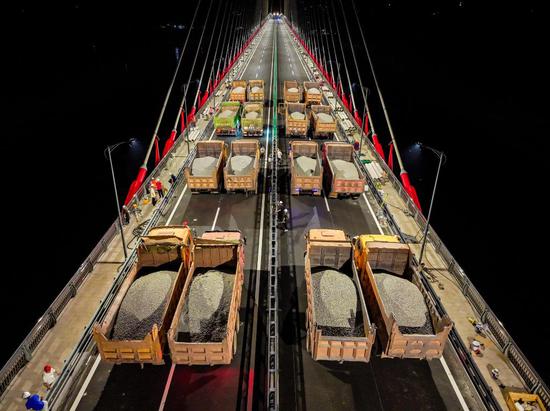
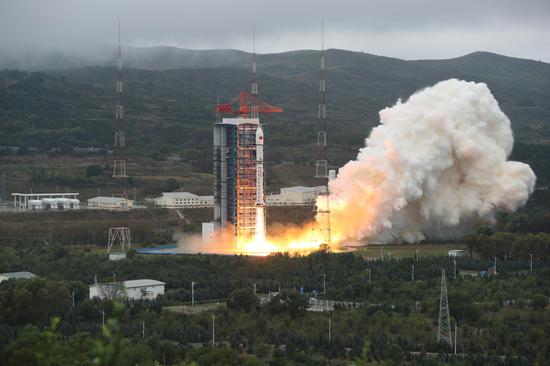
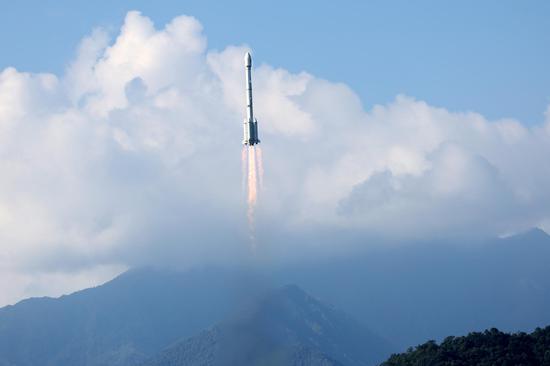

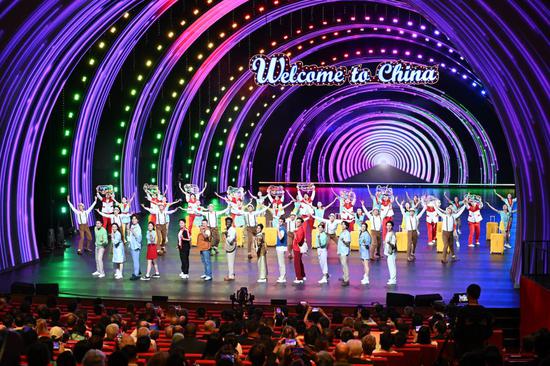
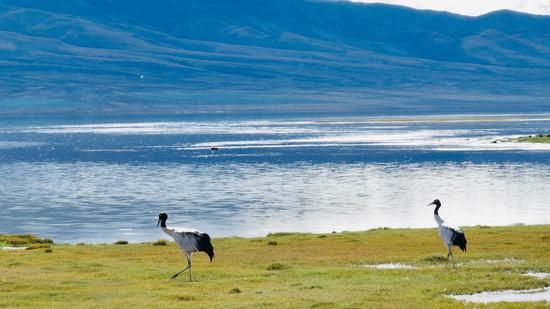

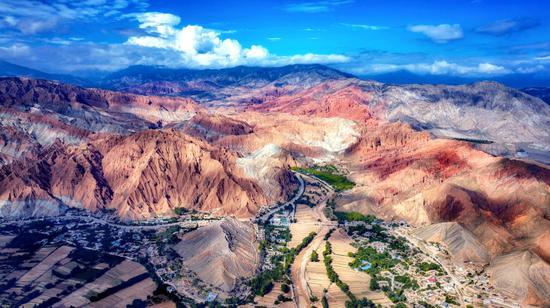


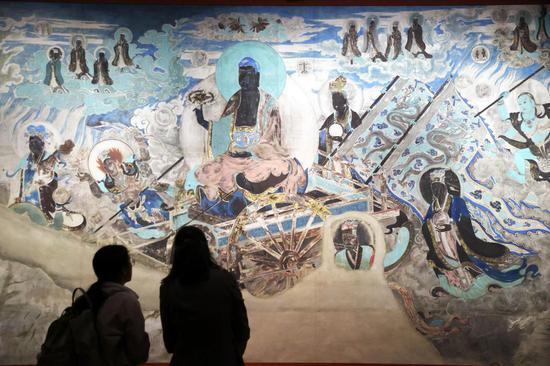
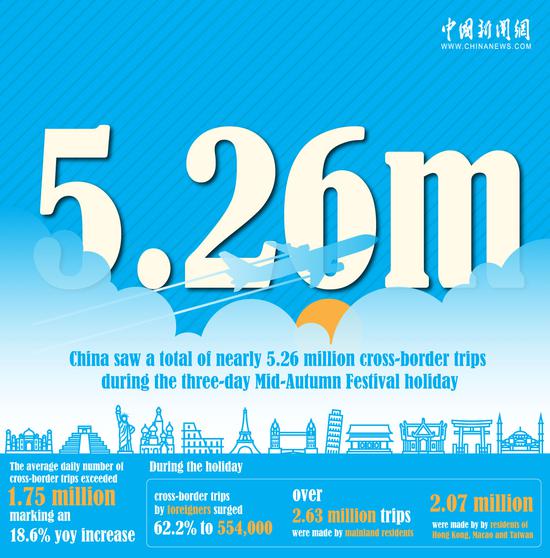
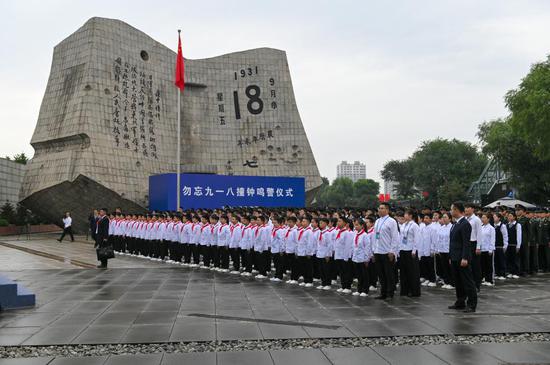

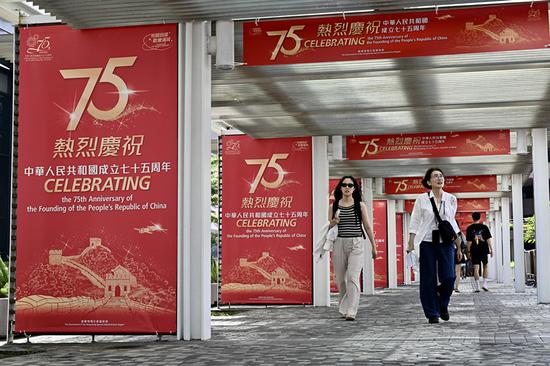
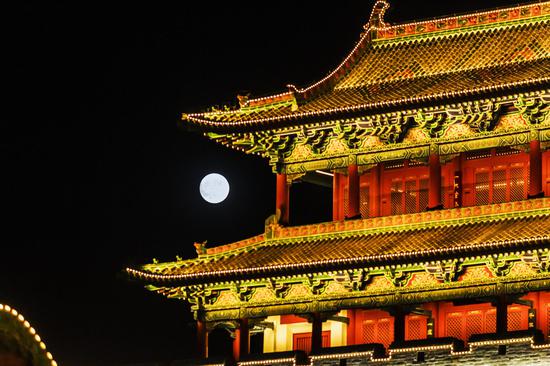
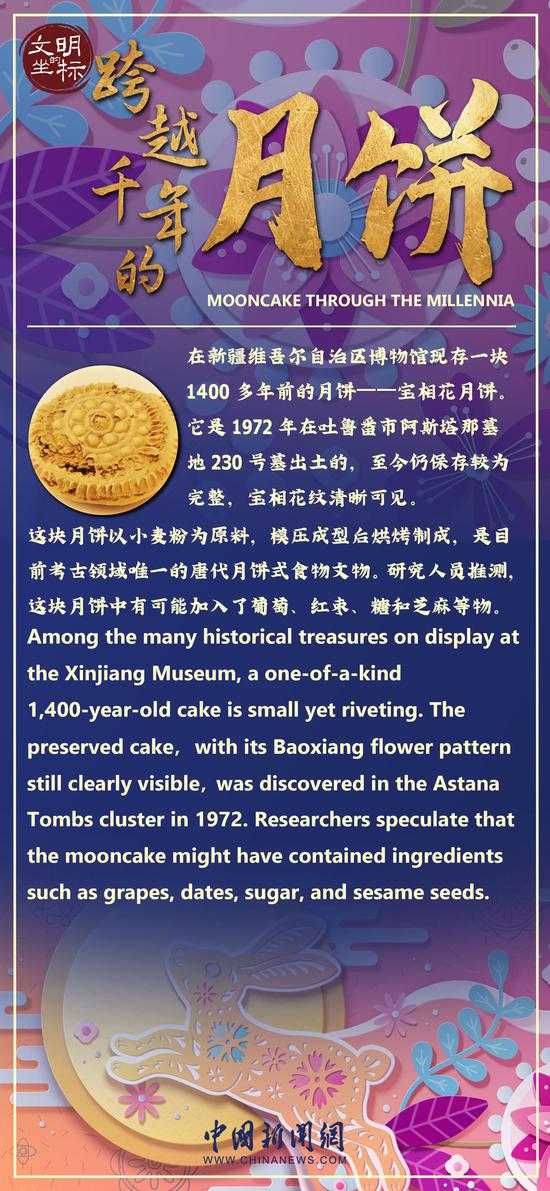

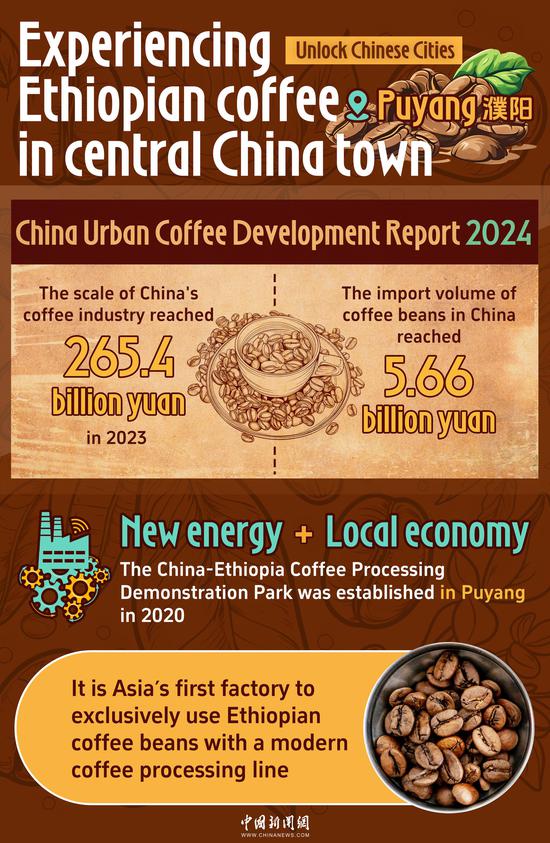
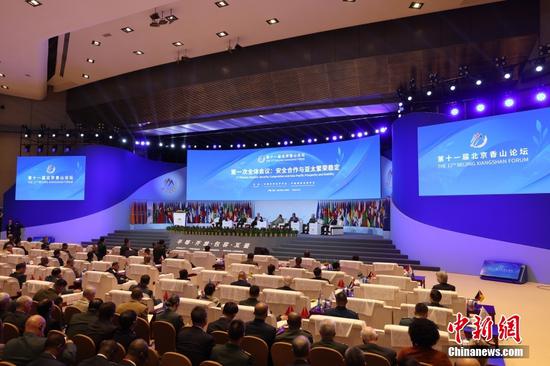
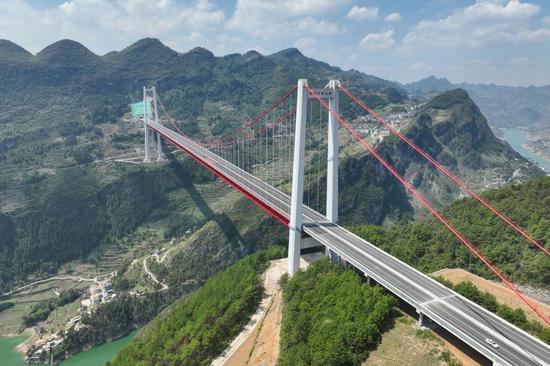



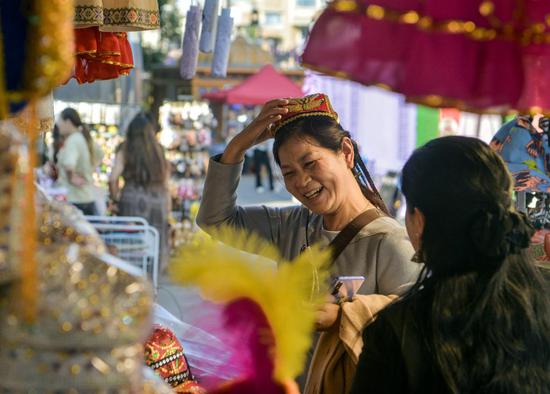
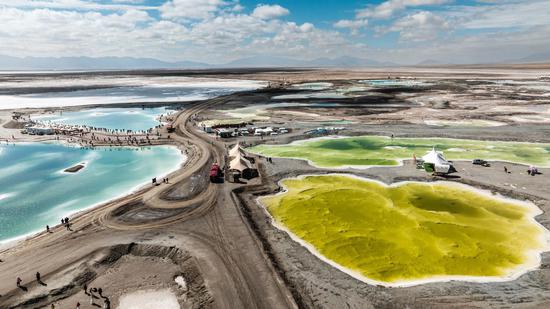
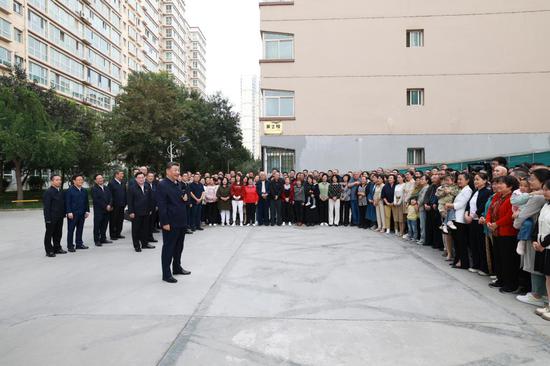
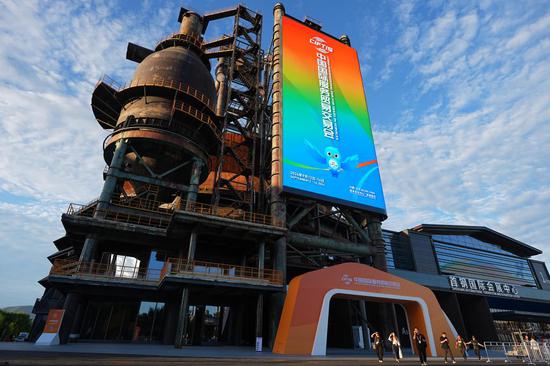
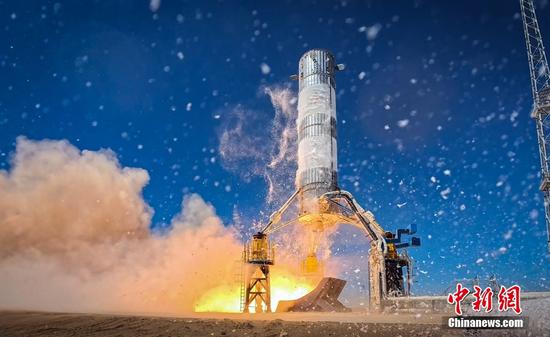
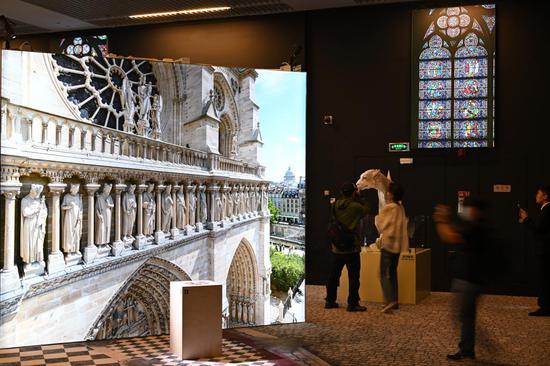

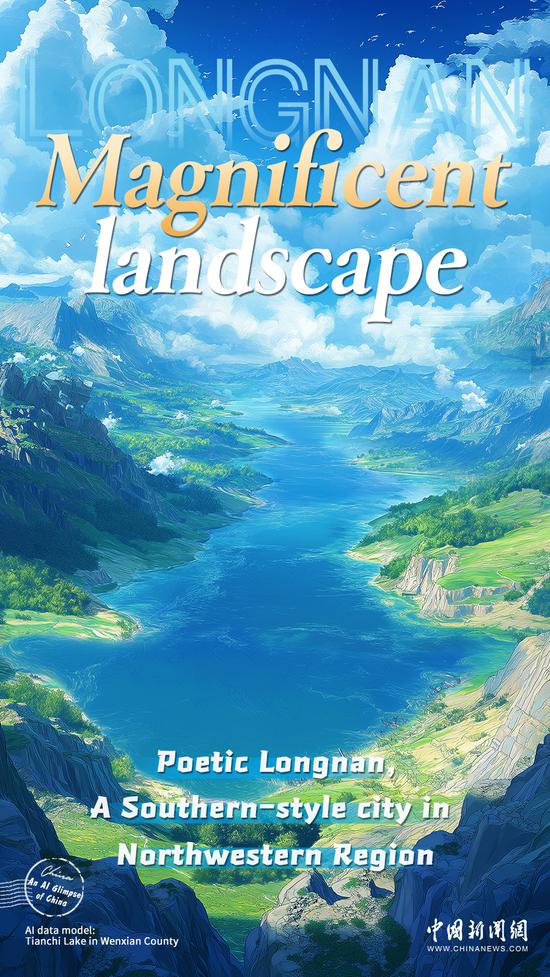
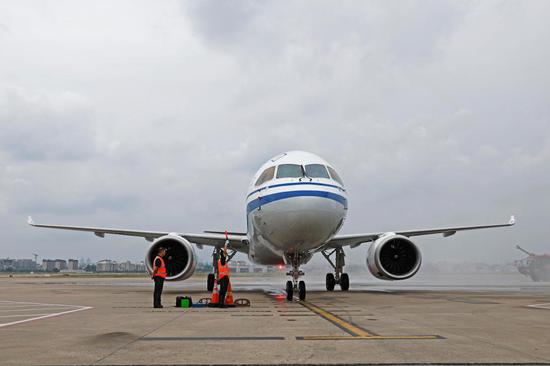

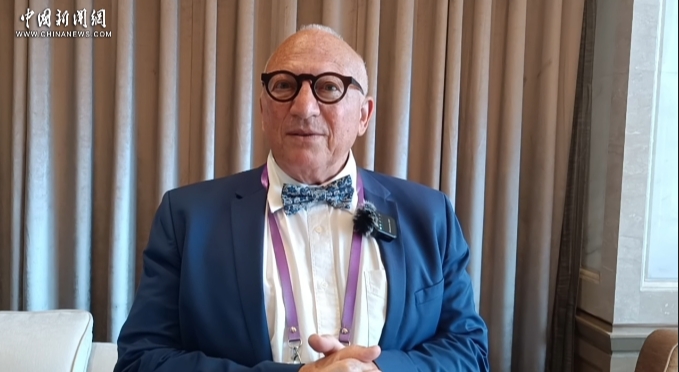

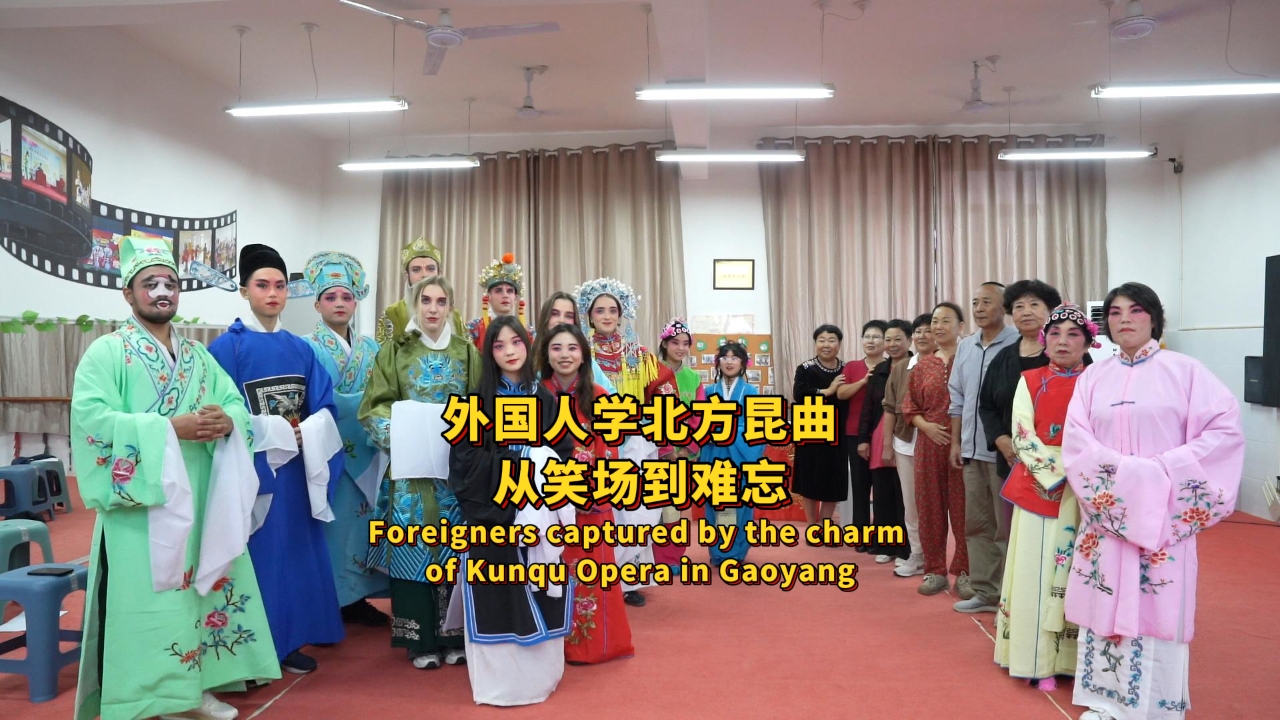

 京公网安备 11010202009201号
京公网安备 11010202009201号